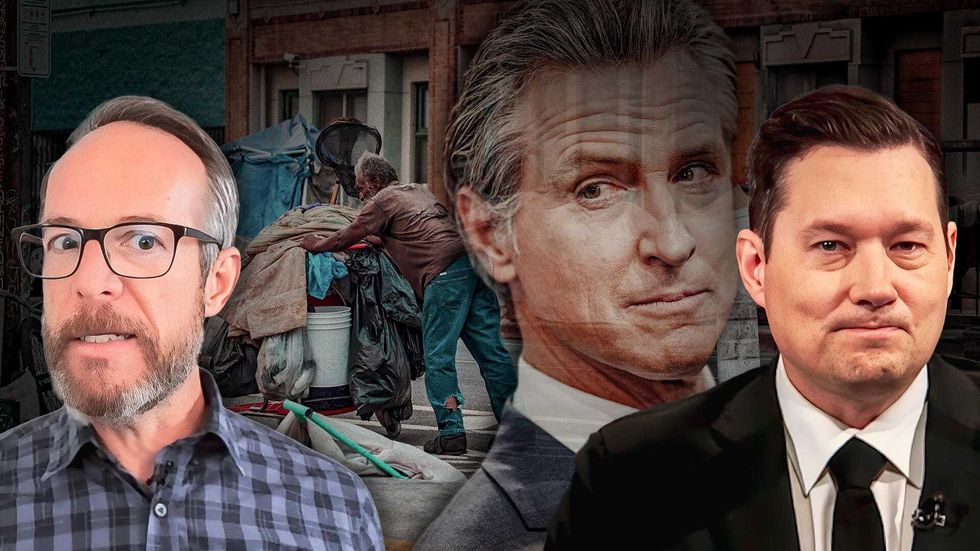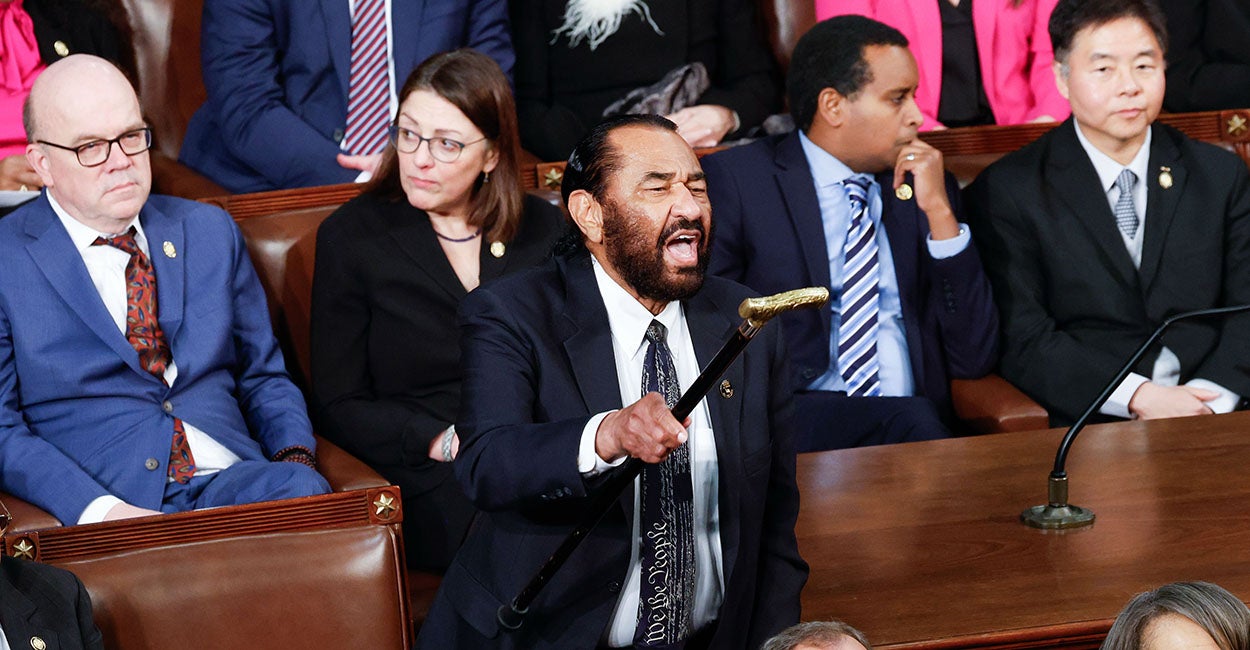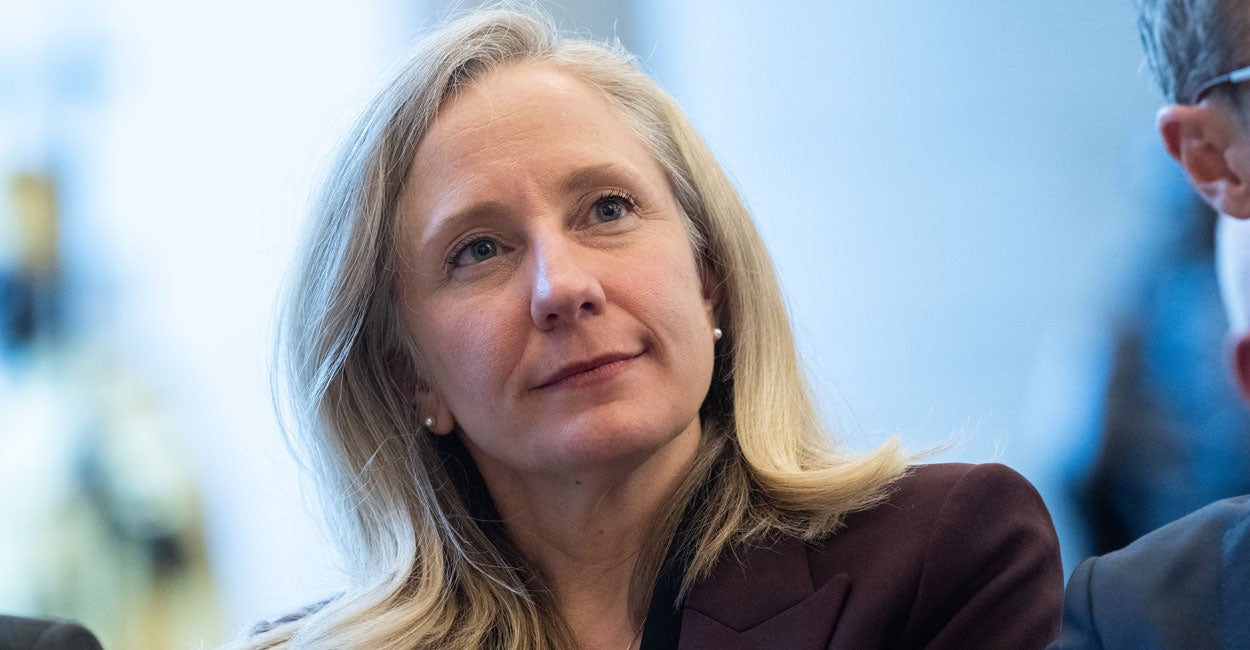Cuba’s Growing Private Sector Exposes the Failure of Socialism

After 65 years of socialist control, Cuba’s private sector has become the islands most unexpected victory for freedom.
Live Your Best Retirement
Fun • Funds • Fitness • Freedom
For decades, the Castro regime tried to convince the world—and its own people—that socialism was efficient, equal, and sustainable. But today, the model is collapsing under its own weight. Food shortages, blackouts, and mass emigration have exposed the truth: Socialism doesn’t work. What does work—and quietly transforms Cuba from within—is the entrepreneurial spirit of ordinary citizens who have stopped waited on the state.
Many outside observers still don’t realize Cuba even has a private sector. The regime downplays it, terrified of what it represents: economic independence, self-reliance, and dignity. Yet since 2021, more than 10,000 small and medium-sized enterprises (MIPYMES) have been officially registered, according to the Cuba Study Group. These are not “oligarchs” or “elites.” They are everyday Cubans who have decided to hacer de tripas corazones—to turn scarcity into strength and survival into freedom.
The government recognized these enterprises after the historic July 11, 2021, protests, when thousands demanded libertad. The regime crushed the demonstrations with violence, but it could not suppress the deeper revolution underway: ownership and autonomy.
Havana’s recognition is far from genuine. Entrepreneurs face suffocating regulations, absurd taxes, and constant fear of confiscation. Imports are restricted, permits selectively denied, and the financial system is nearly unusable. It’s a system designed to punish success—the same socialist mindset that has bankrupted Cuba for decades.
Yet despite the obstacles, the private sector is thriving. Small and medium-sized enterprises now represent over 55% of Cuba’s entrepreneurial system—far surpassing the 2,500 state-owned enterprises—and account for roughly 14% of GDP. Their activities span construction, food production, hospitality, and manufacturing. Nearly half operate in Havana; the rest are spread across the provinces.
Forty-two percent of small and medium-sized enterprises evolved from previously self-employed workers (cuentapropistas), while 58% are entirely new ventures. There are now over 576,000 self-employed Cubans—far too many to all be connected to the military or Communist Party. Most entrepreneurs are ordinary citizens building livelihoods under impossible conditions.
They rely on creativity and limited resources to operate. Many employ neighbors, pay better wages than the state, and provide goods and services government stores no longer supply. These are not collaborators—they are survivors, innovators, and quiet dissidents. Traditional dissidents, brave and outspoken, remain essential. But not all resistance has to take the same form. In a country where speech is criminalized, sometimes the most radical act is economic independence.
The private sector is doing what decades of central planning never could: creating value, meeting real needs, and restoring personal agency. It drains the regime of what it fears most—control. It weakens the state’s monopoly, reclaims individuals from dependency, and fosters a new class of Cubans who think and act for themselves.
This is the slow erosion of totalitarianism—not through ideology, but through enterprise. After six decades of collectivized rule, Cubans are remembering what it means to be autonomous. They are reclaiming their dignity one business at a time. The future of Cuba is not being written in the offices of the Communist Party, but in the workshops, bakeries, and digital platforms of its private citizens.
And in that sense, after all these years—we’ve already won.
We publish a variety of perspectives. Nothing written here is to be construed as representing the views of The Daily Signal.
The post Cuba’s Growing Private Sector Exposes the Failure of Socialism appeared first on The Daily Signal.
Originally Published at Daily Wire, Daily Signal, or The Blaze
What's Your Reaction?
 Like
0
Like
0
 Dislike
0
Dislike
0
 Love
0
Love
0
 Funny
0
Funny
0
 Angry
0
Angry
0
 Sad
0
Sad
0
 Wow
0
Wow
0










































































